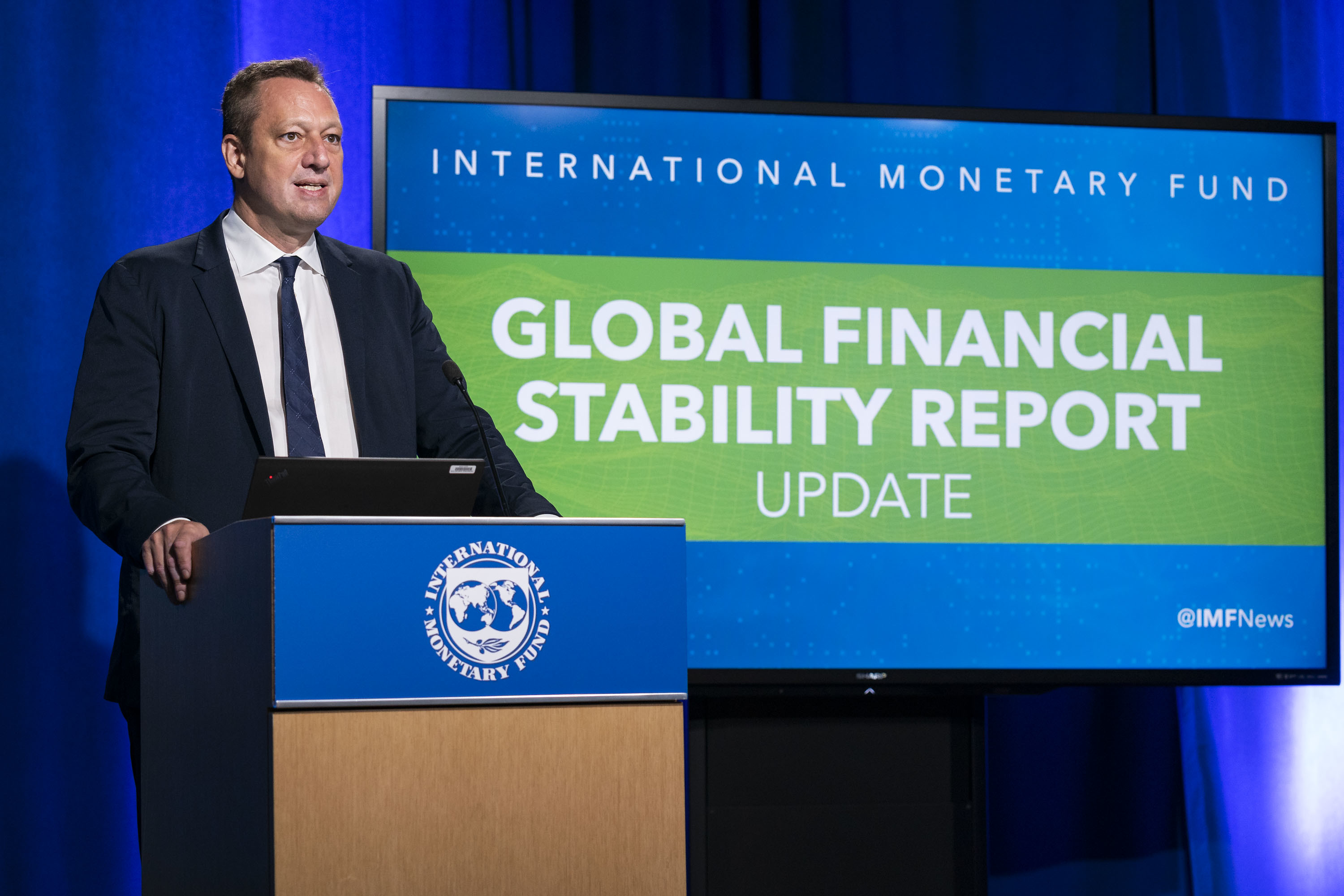Update to Global Financial Stability

The IMF had just released an update to its global financial stability report issued earlier in April, yesterday in the midst of the covid 19 pandemic. Global financial conditions have somewhat eased now due to sharp tightening from lockdown in earlier part of the year, and this is marked by a fall in interest rates and a rebound in risk asset market valuations. Risk assets include assets such as equities, commodities, high-yield bonds, real estates and currencies.
Swift and unprecedented central bank measures have been a major factor in the market recovery, it said. For example, in the United States, the Fed had announced a provision of up to USD 2.3 Trillion in credit facilities due to COVID 19, and around the world, Governments had provided similar fiscal and financial assistances amounting to near USD 11 Trillion in the form of tax breaks, cash handouts, credit facilities, wages supports and etc.
However, there appears to be a disconnect between the financial market optimism and the global economy fundamentals/outlook. There are various explanations for this mismatch especially if one were to take into account, current state of affairs. This disconnect between markets and the real economy raises the risk of another huge correction in risk asset prices should the investor apetite turned sour, thereby posing threat to the recovery.
A number of triggers could result in market correction, which would add another layer of pressure to full economic recovery. The Covid-19 pandemic could accelerate and crystallize other financial vulnerabilities that had built up over the years. These include high level of corporate and consumer debts posing tests to the state’s and market’s solvency. This will then lead to the resilient test of the banking sector in general which will add pressure to their bottom line profitability. Non-banks and other financial players who are exposed to this credit market would face similar ‘stress test’ and its consequences. This could add another threat to the recovery as these players have now a greater role in the system than before. Lastly, the countries with low level of reserves and weak economy have now a ‘less accessible’ means of external refinancing. These could be in the form of higher interest rate for bonds and thus, a lower credit rating assigned, which is a self-feed downward spiral.
In such difficult situation, it is therefore critical for authorities to strike the ‘right balance’ between closing and opening its economy due to the pandemic. Authorities will need to continue to support the recovery while ensuring the soundness of the financial institutions and preserving financial stability.
https://straitsjournal.com/update-to-global-financial-stability/Banking & FinanceGlobaleconomic,financial,global,IMF,pandemic,stabilityThe IMF had just released an update to its global financial stability report issued earlier in April, yesterday in the midst of the covid 19 pandemic. Global financial conditions have somewhat eased now due to sharp tightening from lockdown in earlier part of the year, and this is marked...escveritas [email protected]AdministratorThe Straits Journal





Leave a Reply